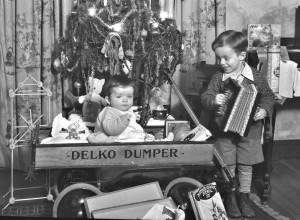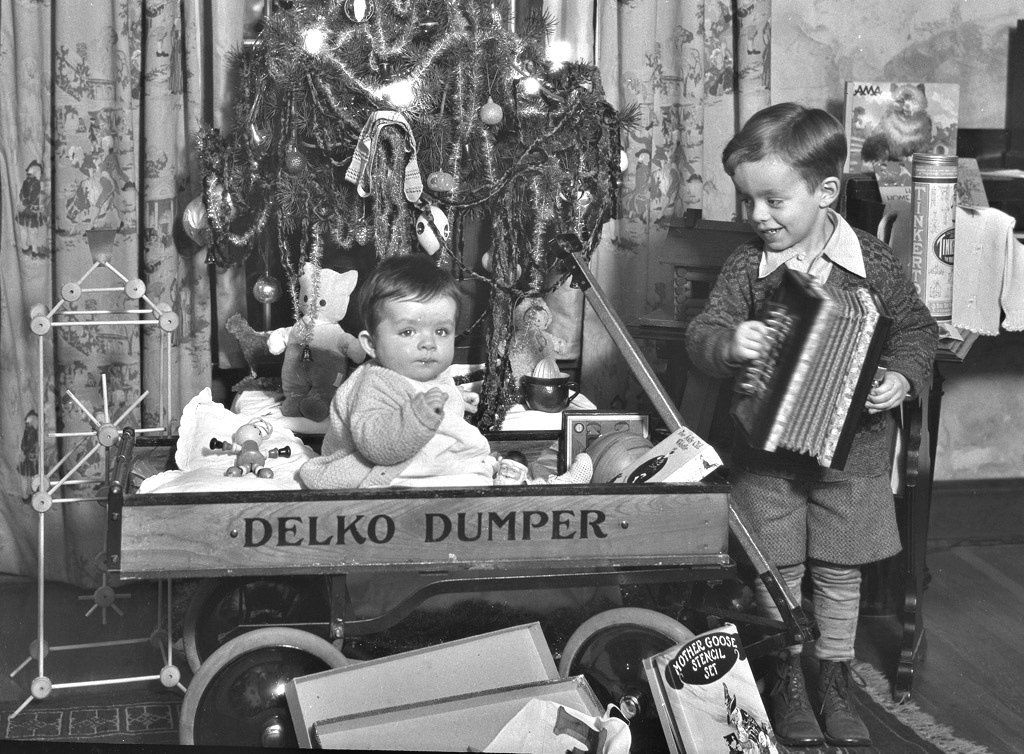Basic kindness and respect aren’t reserved for December
Once again, we find ourselves at the holiday season.
A time when we get together with people for a drink promised back in June, seasonal songs are played in radios and in malls until we are sick of them, and we take a moment to pause and reflect upon the trajectory of our lives.
Something special happens during this time of year. People seem to take a little bit more time for each other. Whether this is catching up with friends, spending time with family, or even saying hello to a random stranger, there is something about going into the new year that makes us all a little nicer. Food, clothing, and toy drives become a common sight. Individuals give of themselves, not for any personal gain, but to help someone else in need.
All of these acts of warmth are due to the fact that, for a month, what is important is not what divides us but what unites us—a shared humanity.

This year, we’ve dealt with a wide array of issues, yet many have one thing in common: they were about the alienated and oppressed. Some were focused on groups typically thought of as minorities, such as the LGBTQ, the disabled, and the homeless. Others were members of larger groups, such as various political or religious communities, within and outside of Concordia. On a larger scale, almost everyone is a member of a minority, whether as one of the groups already mentioned or as an Anglophone/Allophone/Francophone involved with an English university in Quebec. In short, much of the news that ran this year has focused on issues which divide us.
What would happen if the goodwill shown during the holiday season were to happen throughout the entire year? What if, when opposing sides of an issue were to talk, they began doing so with their shared humanity in mind? What effect would it have on us as a community, or a society?
By shifting our focus from our differences to the things we have in common, many things can happen. First, it would allow us to see each other as whole persons. Often when speaking with members of minority groups, the issue comes up that society reduces them just to their minority label instead of the person they are in totality. Seeing someone’s humanity first would make the difference, as opposed to only a facet of the individual.
Second, differences lose their power to provoke. Generally, when presented with something we have no understanding of, or that goes against what we believe firmly, the natural response is to be hesitant, fearful, or angry. If people were no longer be reduced a difference, there is ultimately more to agree with than to be in conflict with.
Third, this would allow for real communication to happen. Too often, debates consist of both sides yelling at each other without actually listening. Debates can be summarized as both sides yelling at each other about how they are correct and the other side has no idea what they were talking about. When appealing to each other’s humanity, one is responsible to listen and try to understand where the other is coming from. Such a stance would lead to discourse, instead of yelling.
Finally, this may bleed over into genuine care. When you are able to talk with someone different from yourself and listen, in shared humanity and recognition that both of you are members of different groups, struggles become communal. It is no longer “someone else’s problem,” but rather your own. When care is fully expressed, social changes occur because no one wants something bad to happen to a friend or loved one if they can help prevent it.
Here’s to hoping the holiday season begins to last all year.




